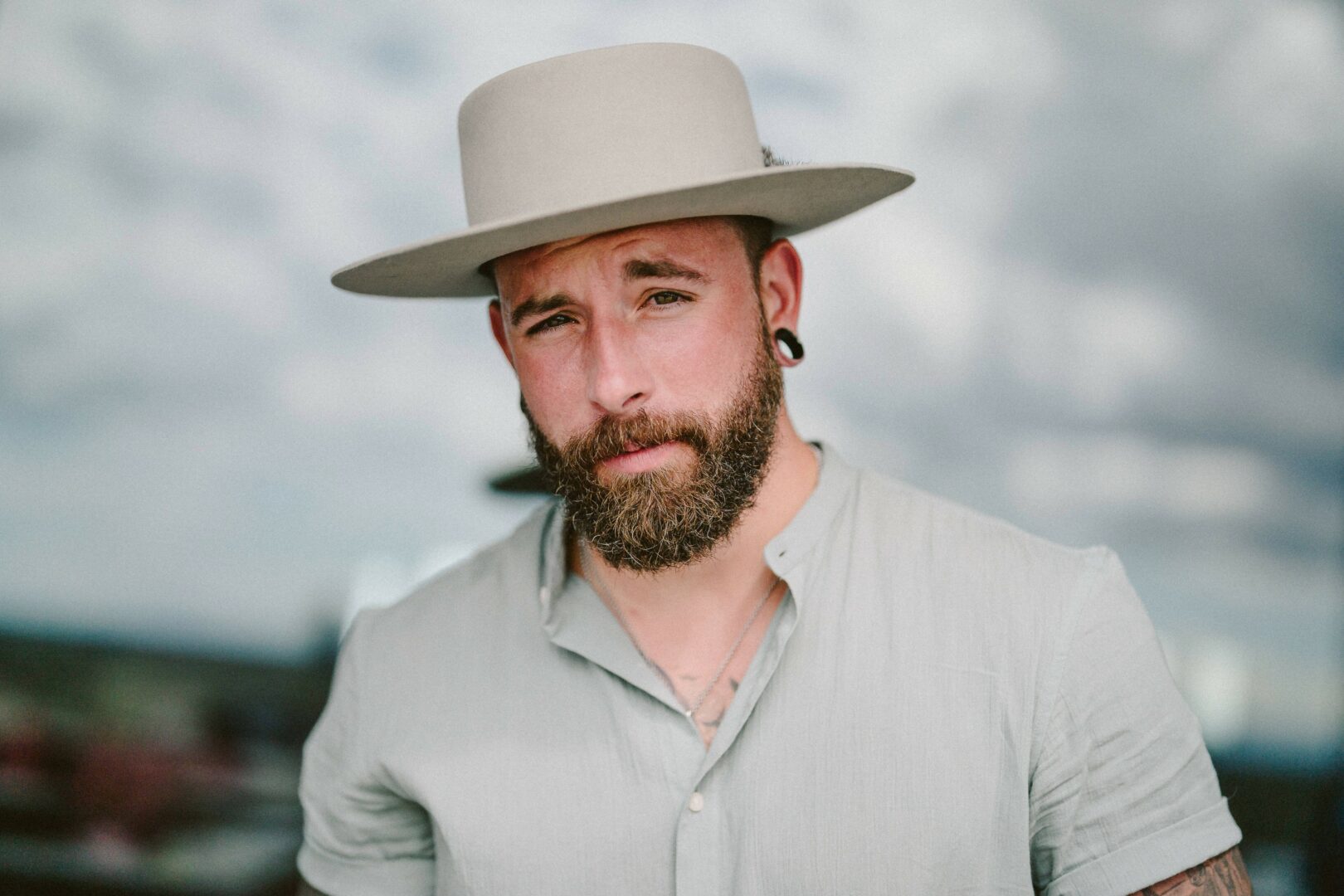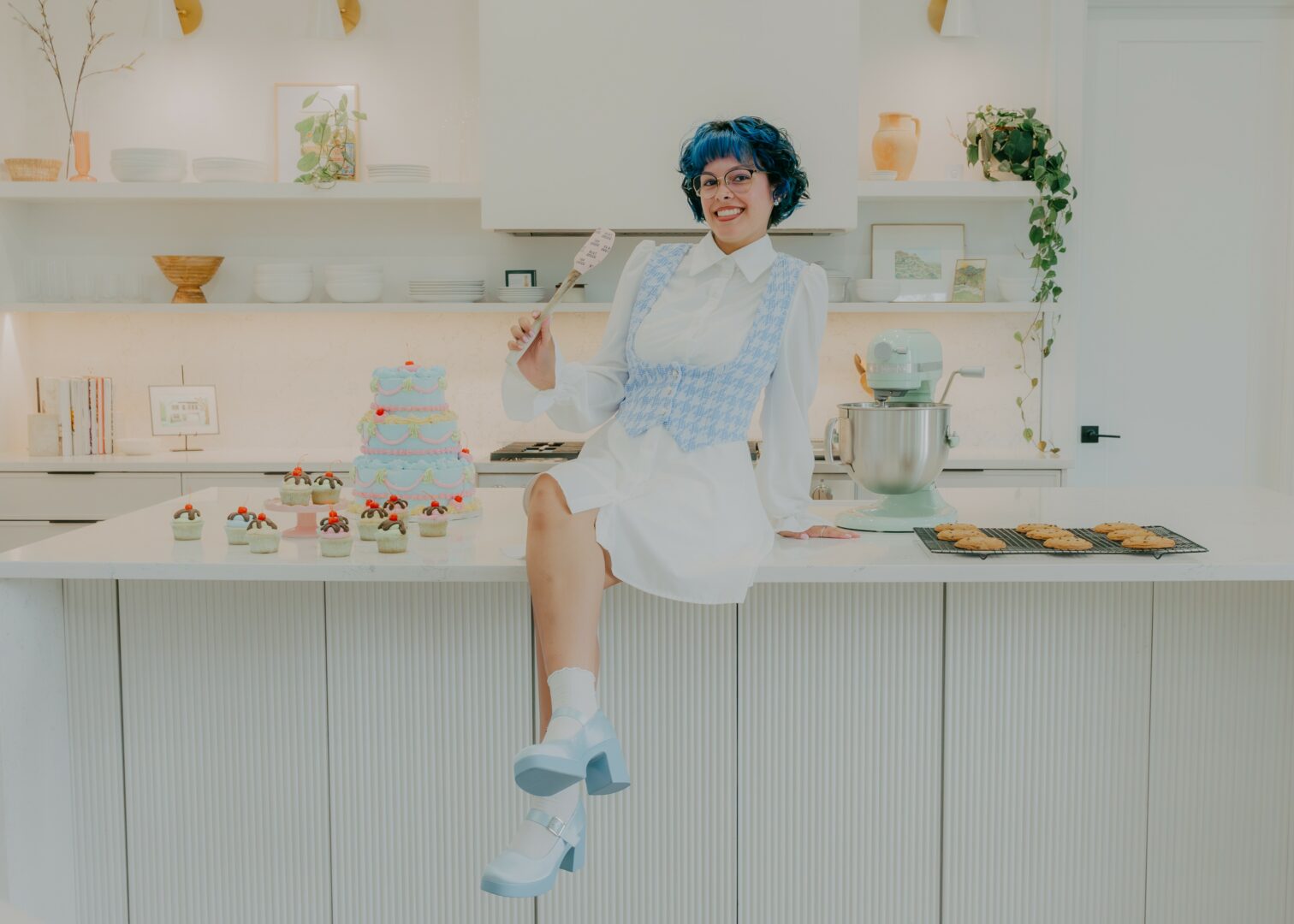Learning from one another is what BoldJourney is all about. Below, we’ve shared stories and insights from phenomenal artists, creatives and entrepreneurs who’ve successfully managed to overcome imposter syndrome.
Jasser J Membreno
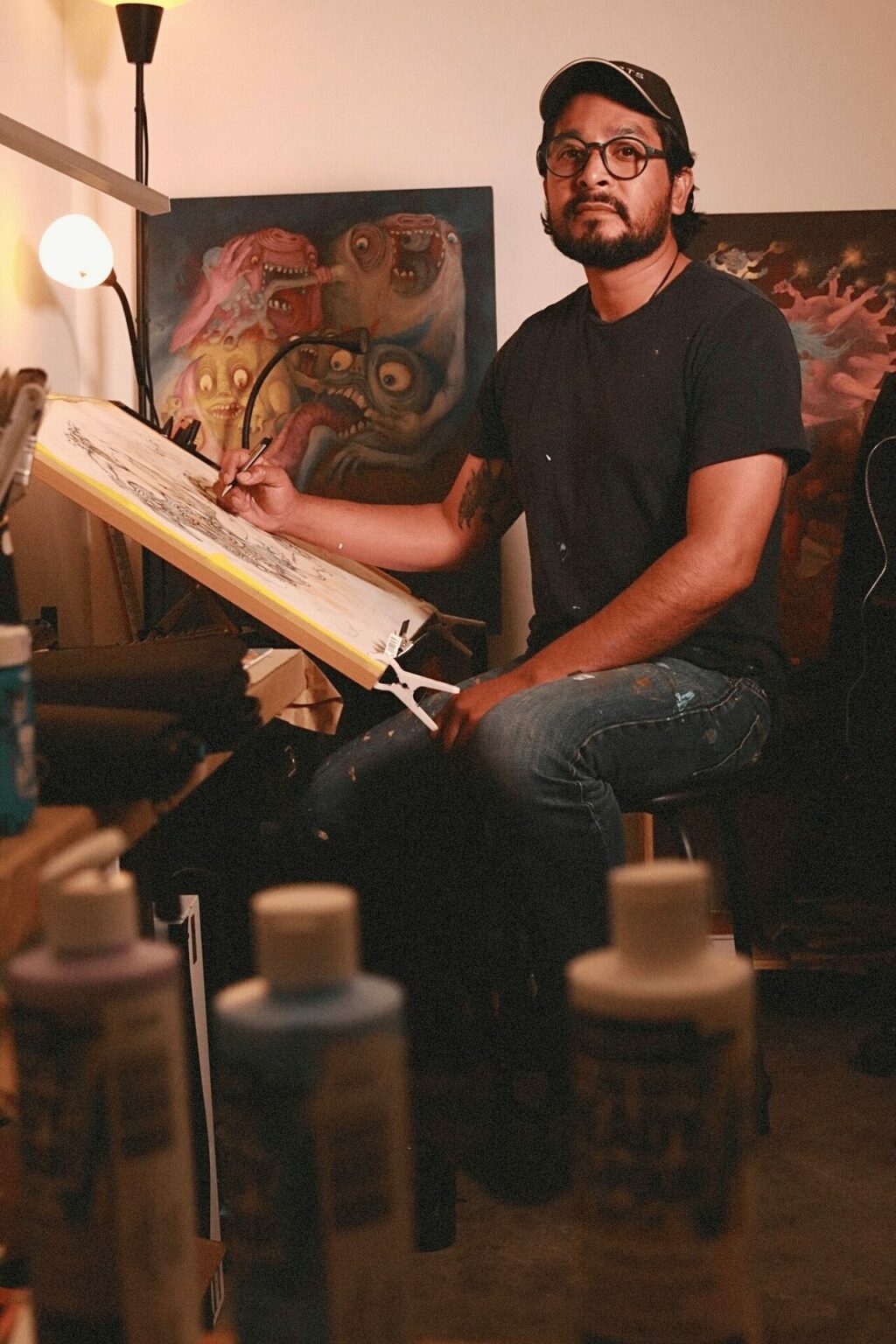
Through my creative practice, meditation, and a willingness to challenge myself, I’ve embarked on a transformative journey of self-discovery and healing. Each canvas becomes a mirror in which I confront my fears and vulnerabilities, using art as a tool to navigate the complexities of my own psyche. Read more>>
Julia Kelley

Before I believed that I could start a company or create anything of my own, I started by looking up to people that created things that I admired. I listened to countless podcast episodes about founders and their stories. Hearing all of these stories started to make me look at everything differently. Read more>>
Natasha Hudson

Imposter syndrome is a real deal when it comes to sharing your talent with the public. You start feeling that you are not good enough, that maybe if you take one more course from a more reputable photographer, then and only then you can finally start sharing your work with others and start charging money for what you have to offer. You take that course and, guess what, doubting doesn’t really stop. Read more>>
Derek Adams
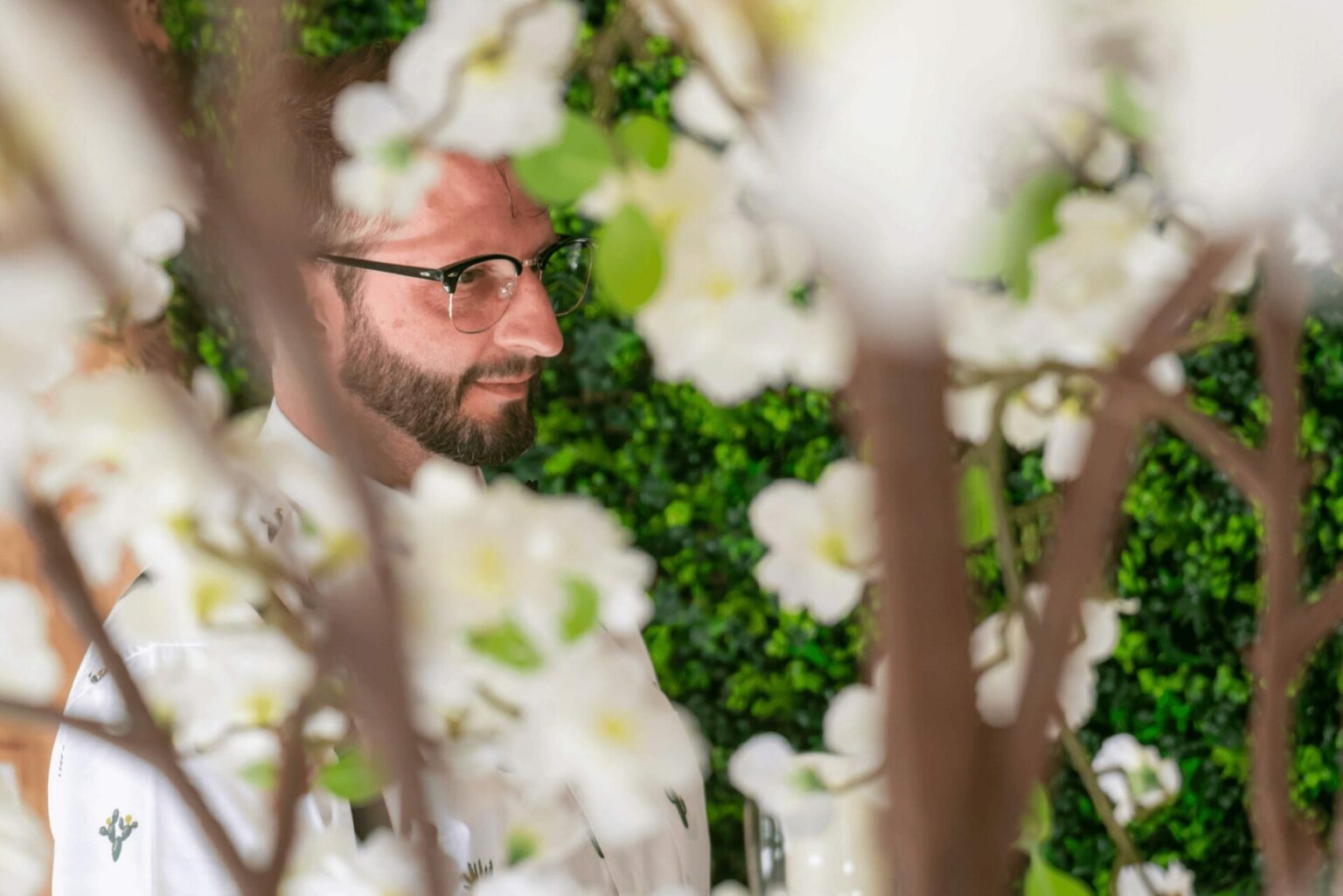
Imposter Syndrome is an amplified anxiety caused by hustle culture. When you went to school, each year you graduated, that gave you a mile marker of your learning and abilities. When we go off on creative adventures there aren’t mile markers like that that tell you you are out of the apprentice stage or that you are indeed proficient. Read more>>
Rolando Rojas

When I started my career, I had to be an imposter to jumpstart my professional growth – or at least that’s what I felt at the time. Many of the things I said I knew how to do I’d never done before. Web design, advertising, ecommerce – I “faked” my way through projects in all those areas. I never let my lack of experience stop me from taking a new project. Read more>>
Amy Davis

As someone who has struggled with perfectionism, low self-esteem, and imposter syndrome, I’ve found a few different methods and mindset shifts can immensely help diminish these mental gymnastics. First off, my mood and mental health are always better when I start the day with a walk outside and some positive affirmations. Read more>>
Anabel Tonkovic

Imposter Syndrome hit me hard when I decided to follow my passion and start a side hustle. On the outside, I appeared confident, but internally, my self-talk sounded like, “You’re not experienced enough to launch this business,” and “Why would anyone choose you when there are dozens of other qualified practitioners?” Read more>>
Bonnie Bontempo
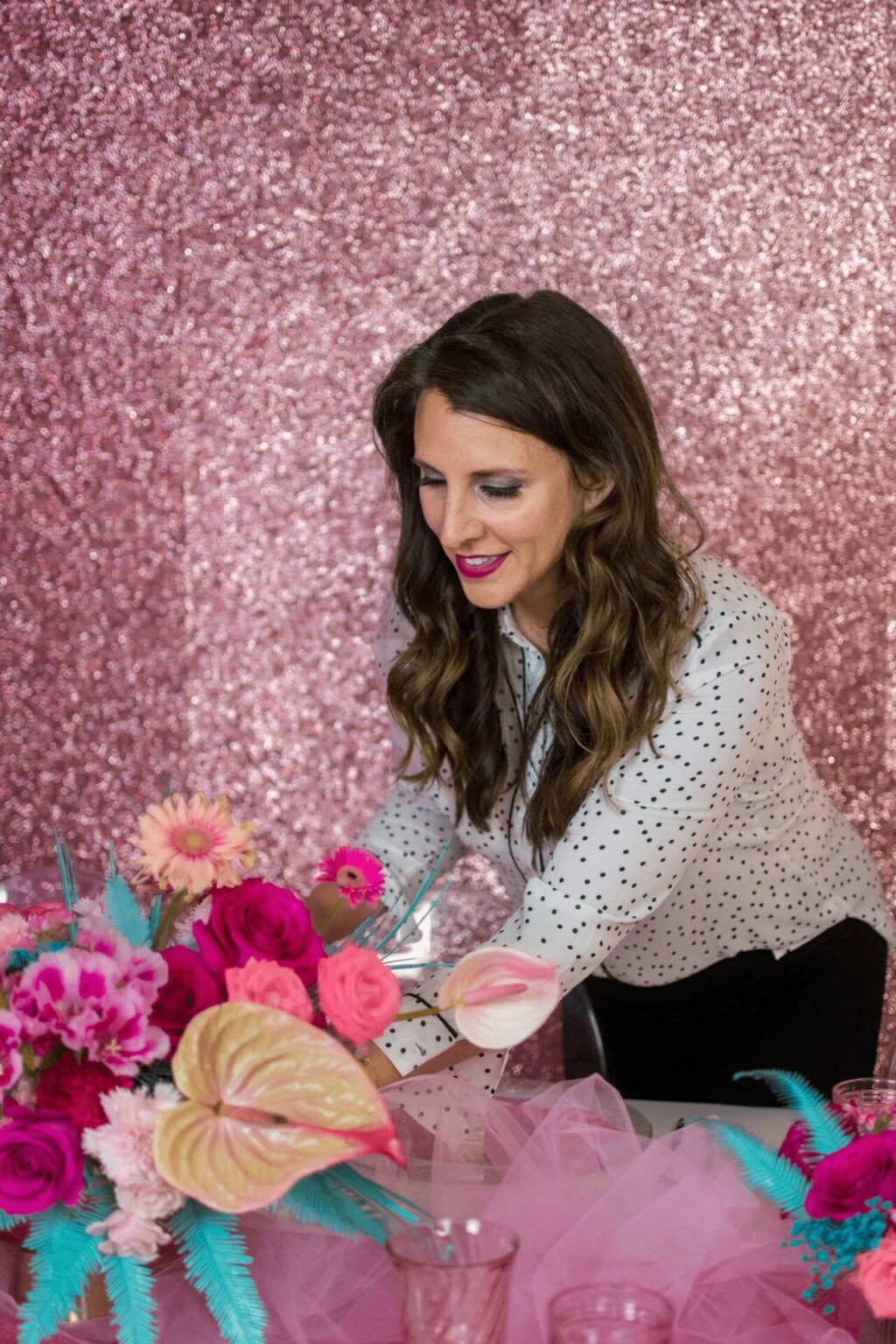
Does anyone ever really get over imposter syndrome? Ha- just kidding, sortof. I think most small business owners and entrepreneurs that I know feel imposter syndrome to some degree. Certainly as they are starting out, but even as you grow and develop confidence it can stick around in some form. There’s always a next horizon of success to reach. Read more>>
Yilin Zou

I once faced this issue as well. Part of it stemmed from my desire to constantly push myself to improve, while another part was due to the realization that I am not flawless. For instance, there may be certain societal benchmarks of success that I have yet to achieve. Read more>>
Katya Rich
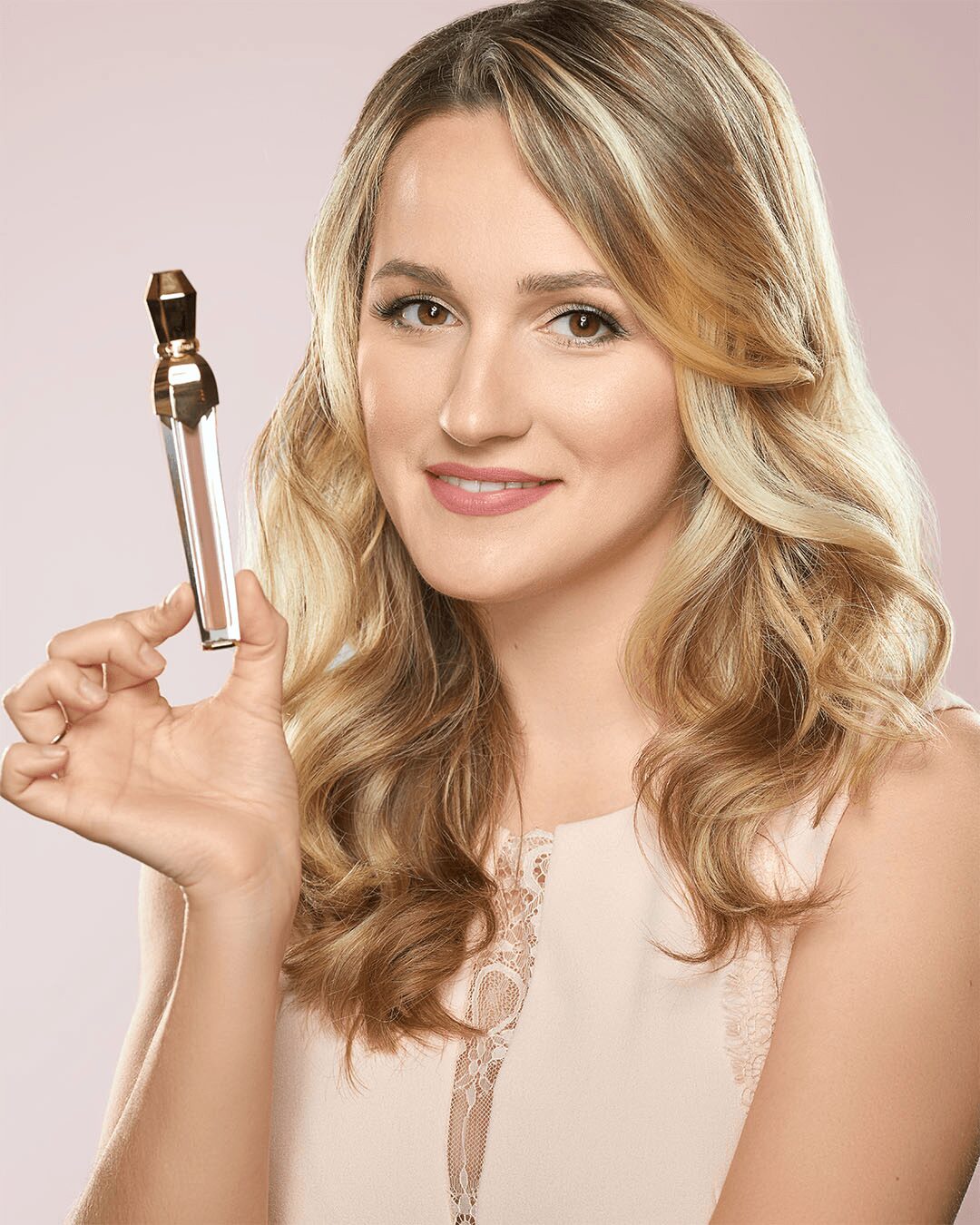
Impostor syndrome is a phenomenon where a person feels that they are not competent enough and do not deserve the achievements they have. They believe that their success is due to luck and random circumstances. Read more>>
CW Allen
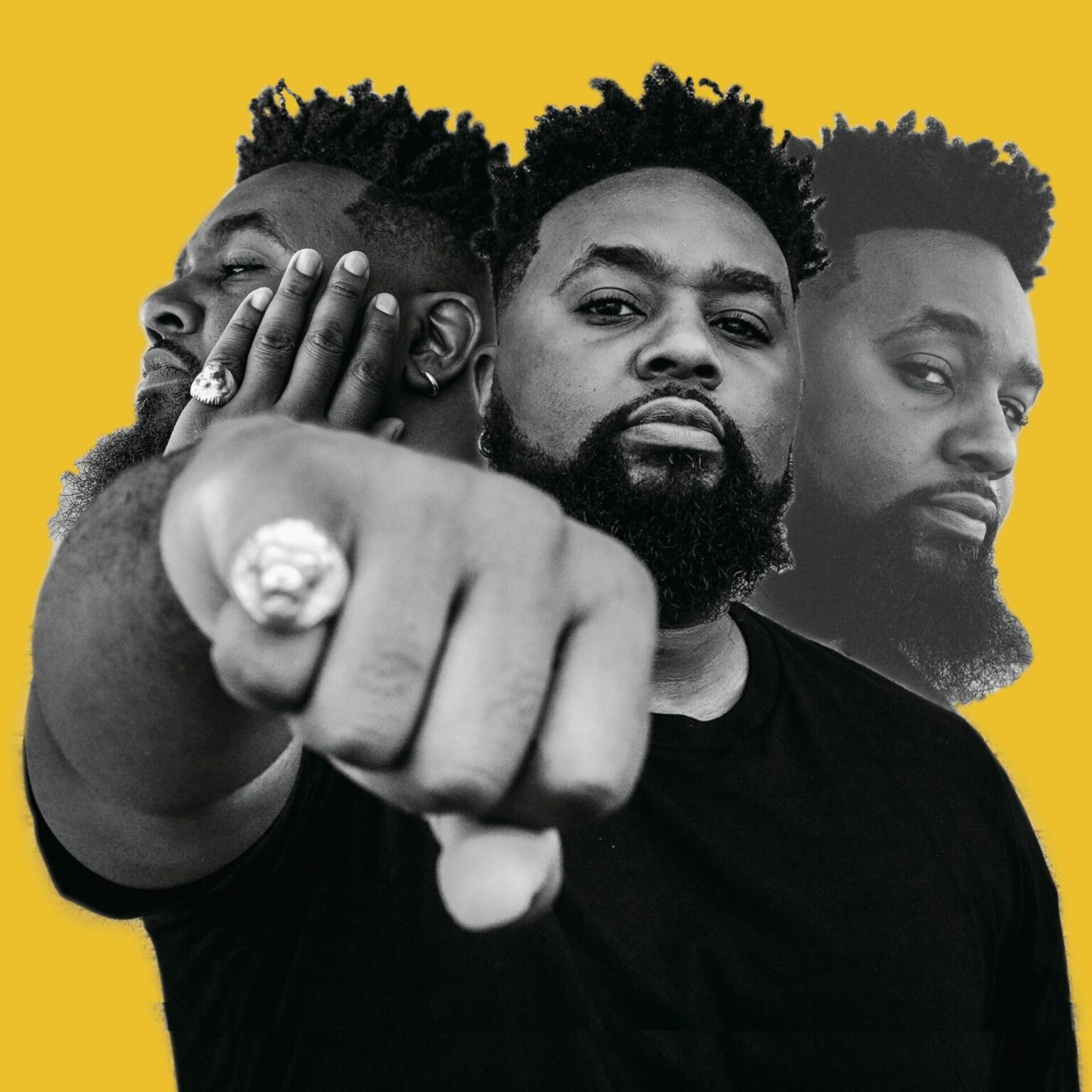
I would honestly say that overcoming imposter syndrome is a daily routine I embrace. I am not always successful, but I fight for an accurate view of my creative endeavors and self-worth. This past year, I began therapy to address my struggles feeling like an imposter. Read more>>
Janet Mona
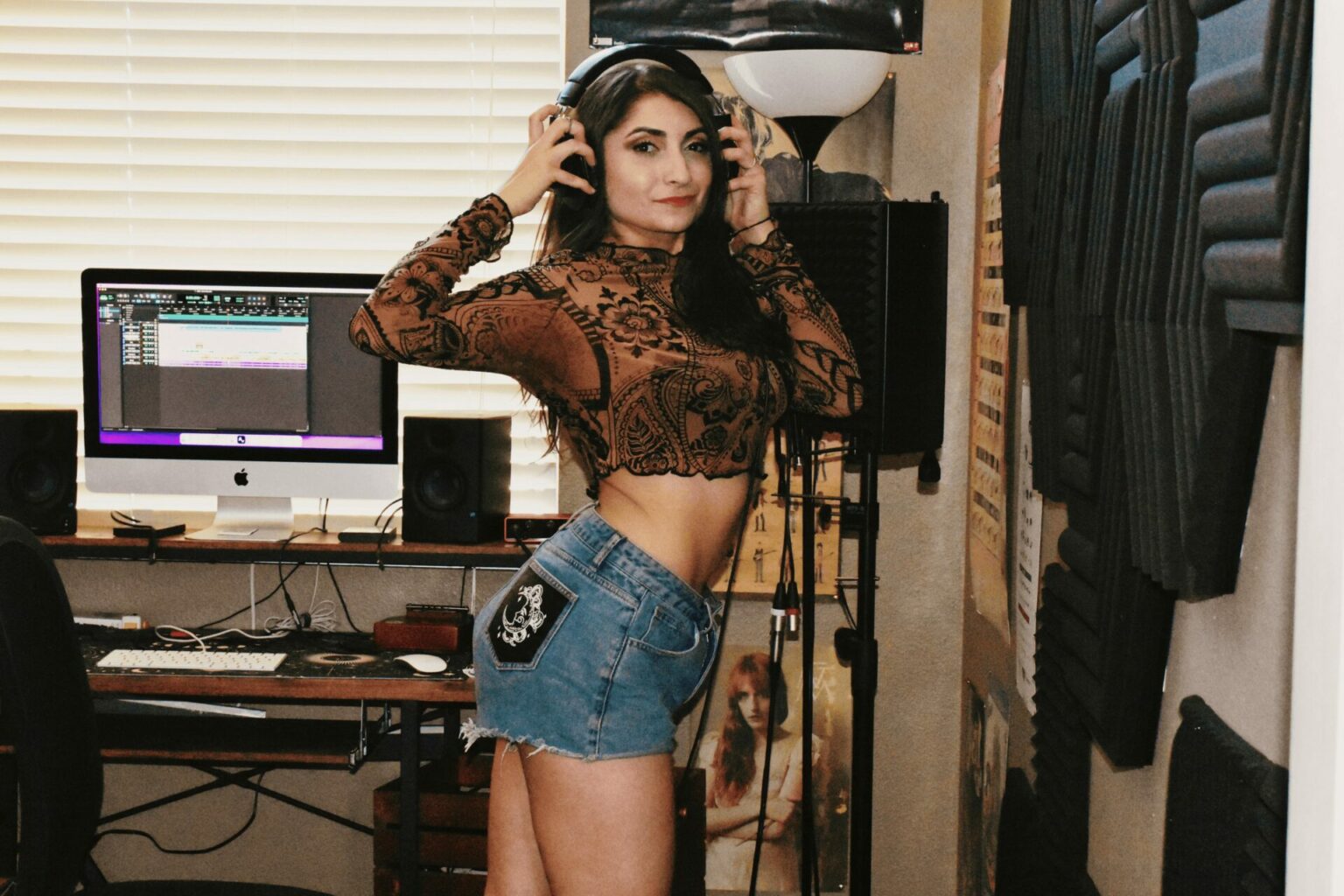
My imposter syndrome is SO bad. I grew up in an environment that harbored a lot of negative self-talk, and so as I grew into an adult, and decided to break away from what was expected of me to pursue music, the imposter syndrome I felt was at an all-time high. I would have trouble celebrating my single releases, the shows I was booking; “Enjoy it now, this is the last opportunity you’ll EVER get, and it’s a miracle you got here” I would tell myself. Read more>>
Elle Brewster
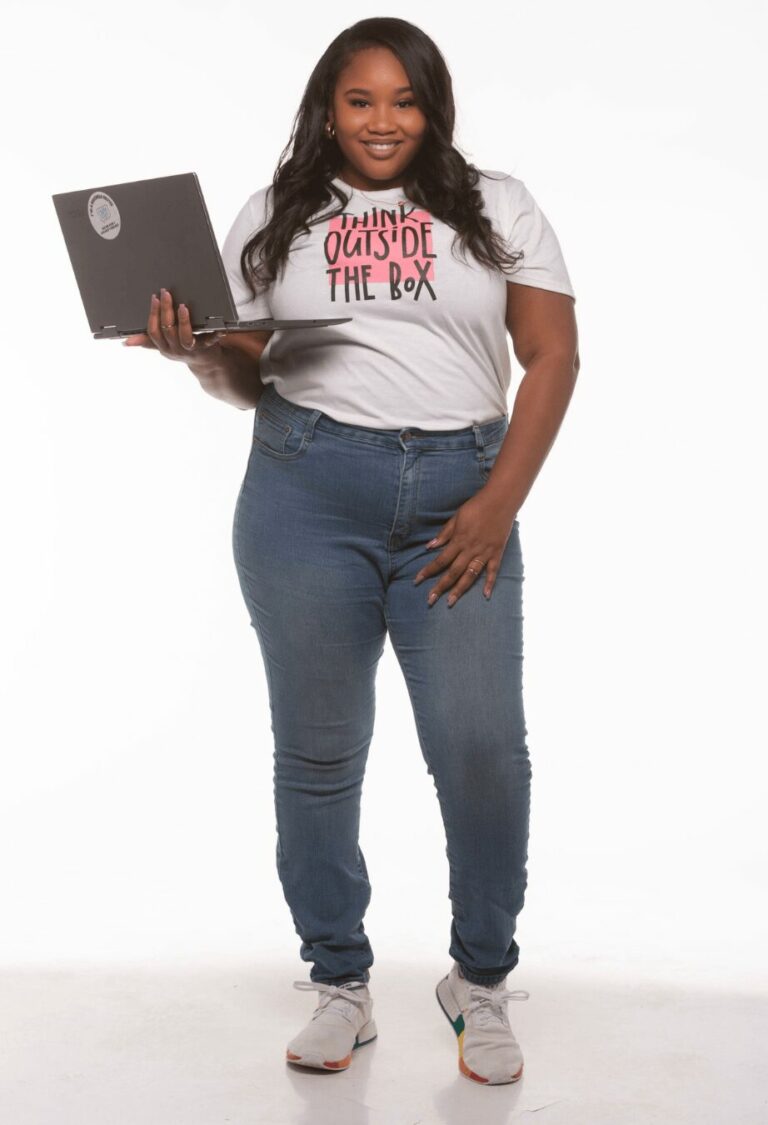
About two years into running RGM, I hit a wall. The general feeling of overwhelm crept in – a sense of having too much on my plate or not knowing if it was something I should be doing. It was like juggling a million tasks at once, and I questioned my ability. Read more>>
Loui$ Automatic
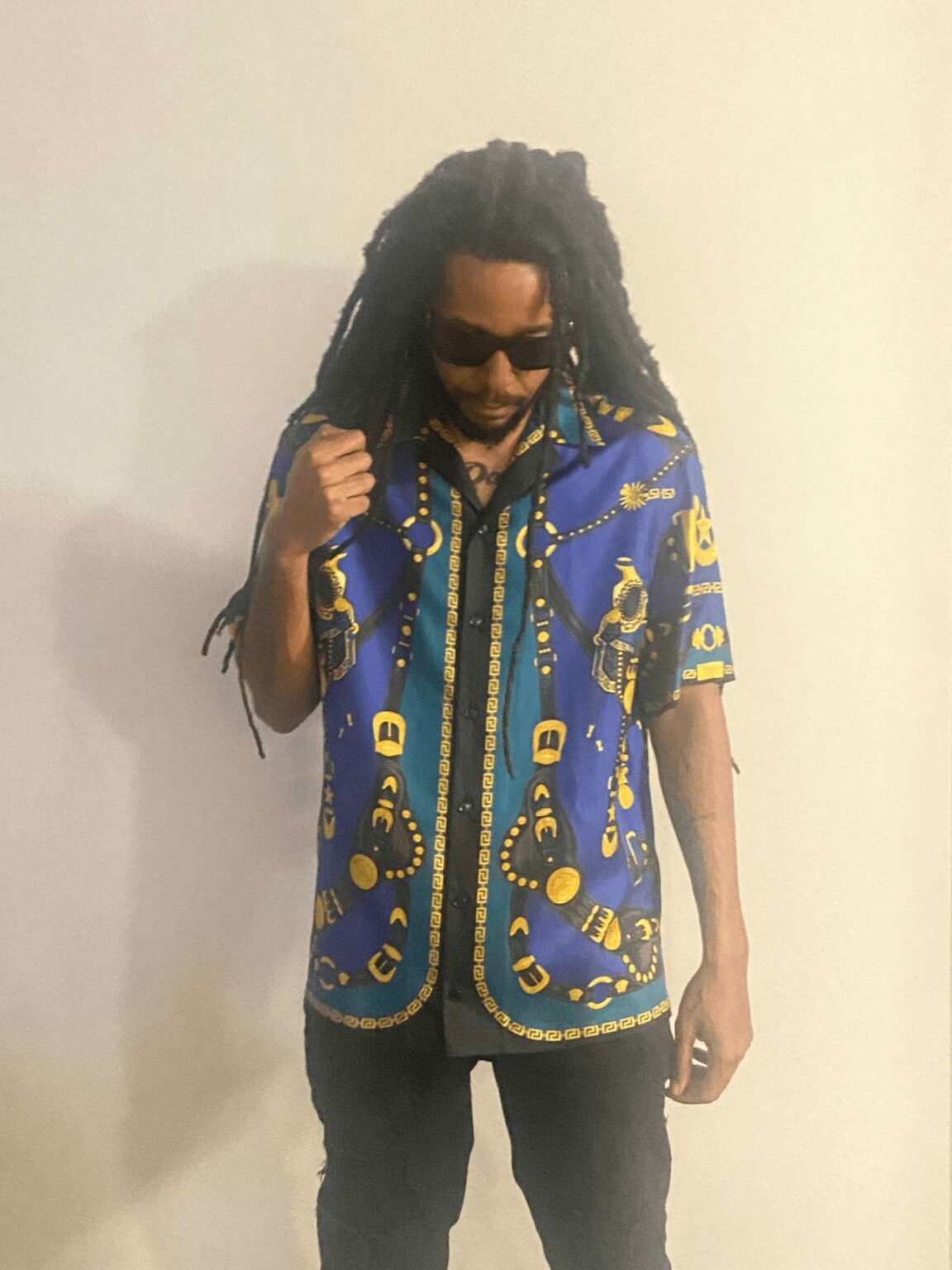
I had to remind myself of all the work I put in. I know I deserve to be here. In retrospect it’s kind of scary because I named my company Paid-Da-Co$t, ENT so long ago. Even at an early age I had a keen sense of earning my rep and whether it was establishing my business, overcoming various obstacles, or even finishing my bachelors degree back in 2019 I know in my heart I’ve paid all my dues and I haven’t skipped any steps. When I look in the mirror I love the person I see. Read more>>
Lindsey Crouch
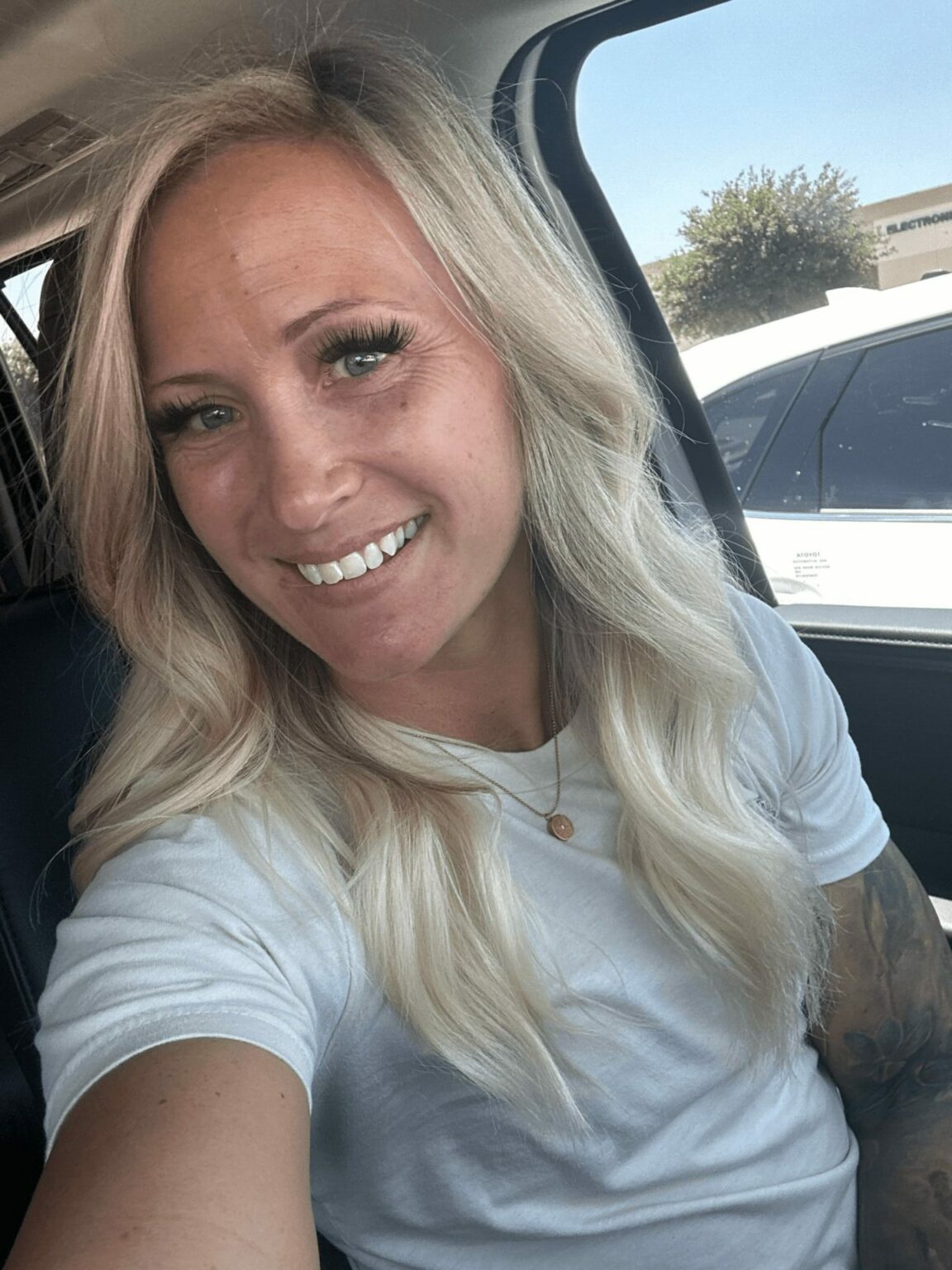
I think that imposter syndrome is more a thing now because of how social media has grown in our society. Social media can be a great place for positivity and ideas, but it can also be the downfall of your business. To be successful we need to have the balance set. Read more>>
Stacey Stormes
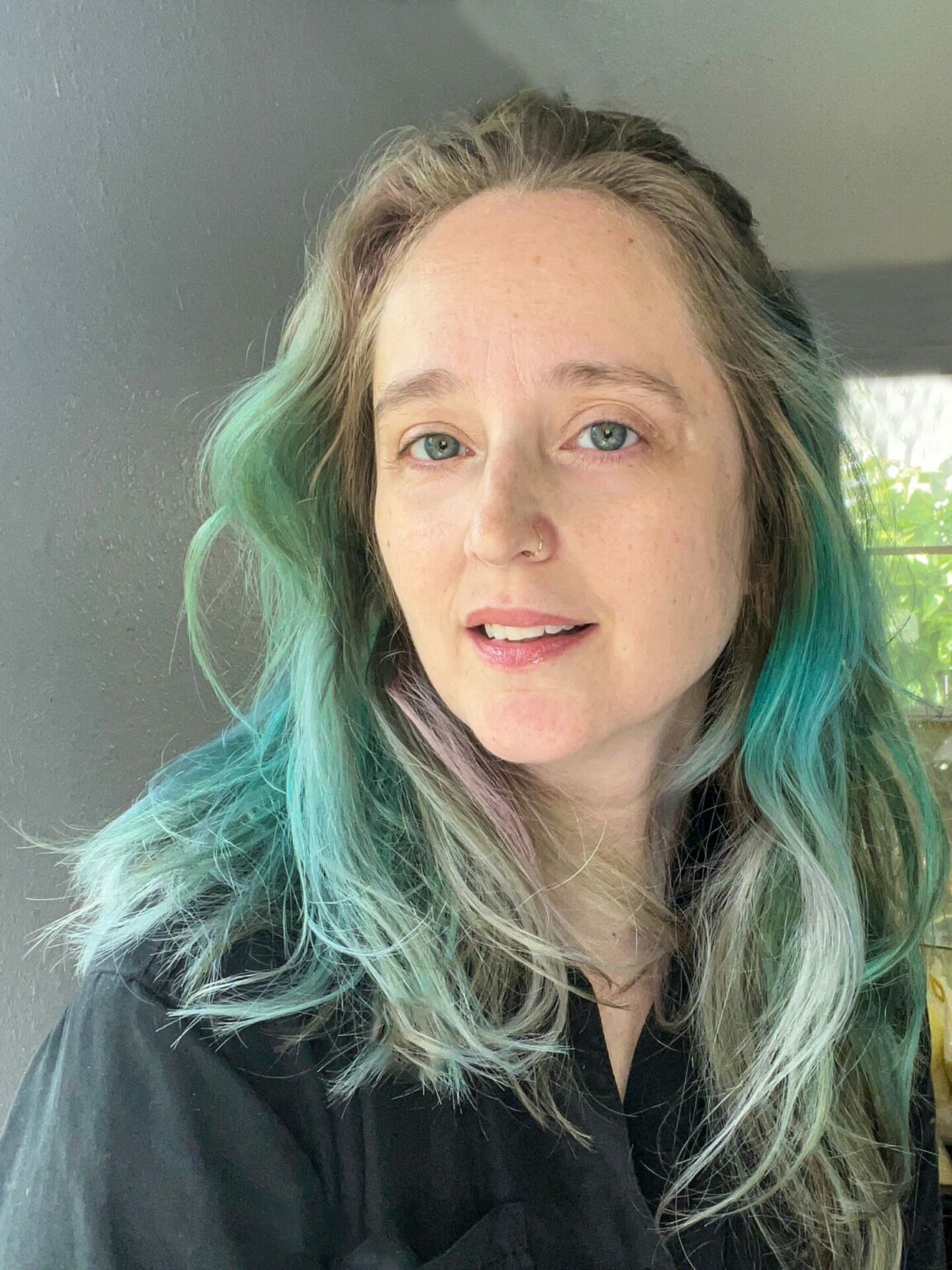
Overcoming imposter syndrome is something I have struggled with over the years, and it’s still a work in progress. Building confidence takes consistent practice and allowing yourself to recognize that you don’t have to be perfect to be worthy. Read more>>









